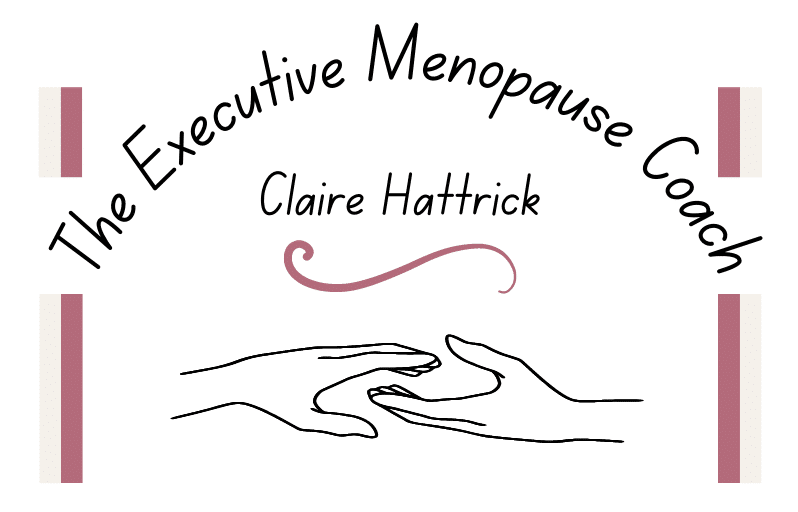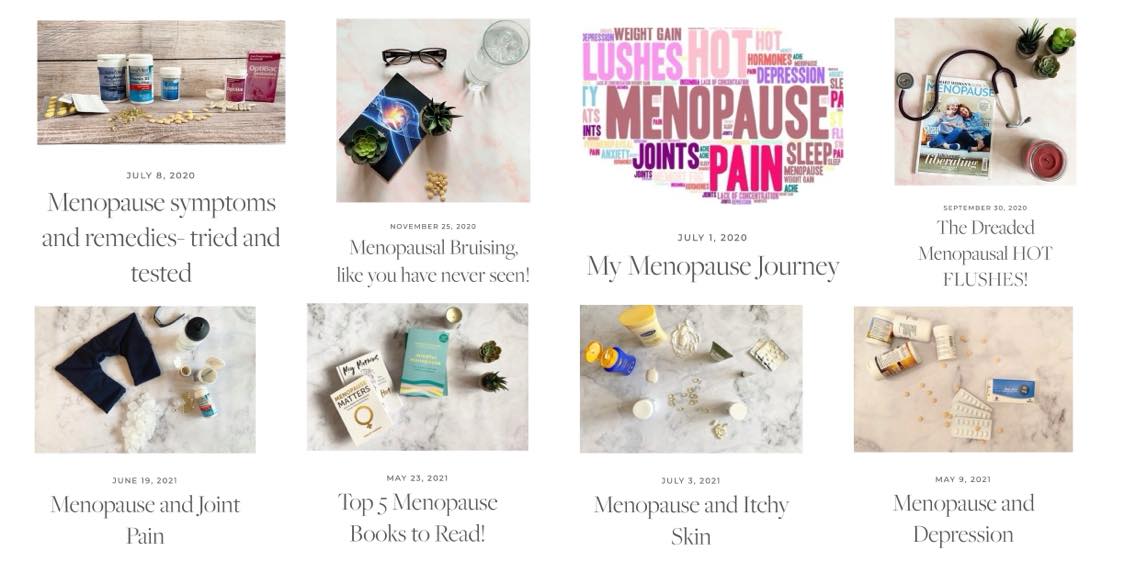What is menopause? Menopause is when your periods have stopped for 12 consecutive months, but the term is often referred to and includes the years leading up to this time, and for a number of years afterwards.
Please be aware that this blog post contains affiliate links and any purchases made through such links will result in a small commission for me (at no extra cost to you).
What is Menopause?
Perimenopause:
The lead up to menopause is known as Perimenopause, during this stage periods become irregular and menopausal symptoms can start to appear, this stage can last for many years, but each woman is different. This stage is usually experienced between the ages of 40 – 50, but again can start much younger or older. The Oestrogen production decreases substantially and can take its toll mentally, as well as physically and emotionally. Some women do not know they are in perimenopause and experience very few, if not any symptoms, but for others it is a roller coaster of debilitating symptoms, including:
- Hot Flushes
- Weight Gain
- Sleep Issues
- Depression
- Anxiety
- Heavy Bleeding
- Vaginal Dryness
- Painful Sex
- Dry Skin
- Brain Fog
- Memory Issues
- Mood Swings
Click here to read more of our menopause help blogs!
Keeping a log of your symptoms is a good way of tracking your transition through this time, using a Menopause Symptom tracker is great for your GP to recognise and diagnose menopause quickly with all the information to hand. Click here to get yourself a copy of our Menopause Symptom Tracker!

It is possible to have fewer symptoms if you keep to a healthy lifestyle and make any changes whilst you go through this transition period. Giving up smoking, drinking minimal alcohol, eating a healthy, well balanced diet, and taking regular exercise is key to going through the menopause. Amazon has lots of Menopause diet books that have been highly recommended to me!
Menopause:
After 12 consecutive months of no periods, you have gone through menopause. Your ovaries have stopped working, and do not produce Oestrogen anymore. The menopause often begins between the ages of 44 – 55 years old, but the average age for this time is 51 years old, the symptoms are still similar to perimenopause, but are often not as frequent or as intense and some go altogether. Every woman’s menopause experience is unique to them, and some symptoms can happen suddenly or happen over a shorter period than others. Some factors can affect the severity and duration of symptoms include, having a hysterectomy, cancer, or unhealthy lifestyle choices like smoking. Other common symptoms of menopause include:
- Urinary Tract Infections
- Difficulty Concentrating
- Sore Breasts
- Headaches
- Racing Heart
- Hair Loss
- Brittle Nails
- Dry Mouth
- Facial Hair Growth
- Reduced Libido
- Painful Joints
Post menopause:
You are classified as post menopause one year after your periods have completely stopped. Once you have gone through this transition you can be more vulnerable to heart disease and osteoporosis (bone disease). Eating a healthy diet is so important at this time, and calcium is important for your bones, to keep them healthy and strong.
The more we understand and are educated about the menopause, the easier the transition through it. Knowing what to expect and dealing with the symptoms from the start, is absolutely paramount. No one should be struggling with day-to-day life, and left feeling isolated and alone, having no where to turn.
The way through this should be learning what works for you and what you can do to lessen your symptoms and still have a good quality of life. Nutrition, Exercise, and knowledge will get you through this time and there IS help out there! Whether you are lucky enough to do it all naturally with very few symptoms or you take HRT (Hormone Replacement Therapy) or change your lifestyle, there is life after menopause! It is never too late to try something different, as long as you keep self-care at the top of your list, you can live a happy and fulfilling life again.
So, do not sit and suffer, make that appointment to see your GP and discuss your options and change any bad habits to healthy ones! Be positive and remember you are stronger than you think and can achieve more than you know!
If you found our “What is menopause” blog helpful, click here to read our other menopause blogs!
*DISCLAIMER*This page does not provide medical advice; it is intended for informational purposes only and is based upon my opinion and experiences. It is not a substitute for professional medical advice, diagnosis or treatment. Never ignore professional medical advice in seeking treatment because of something you have read on The Executive Menopause Coach website. Always seek professional medical advice.



Leave a Reply